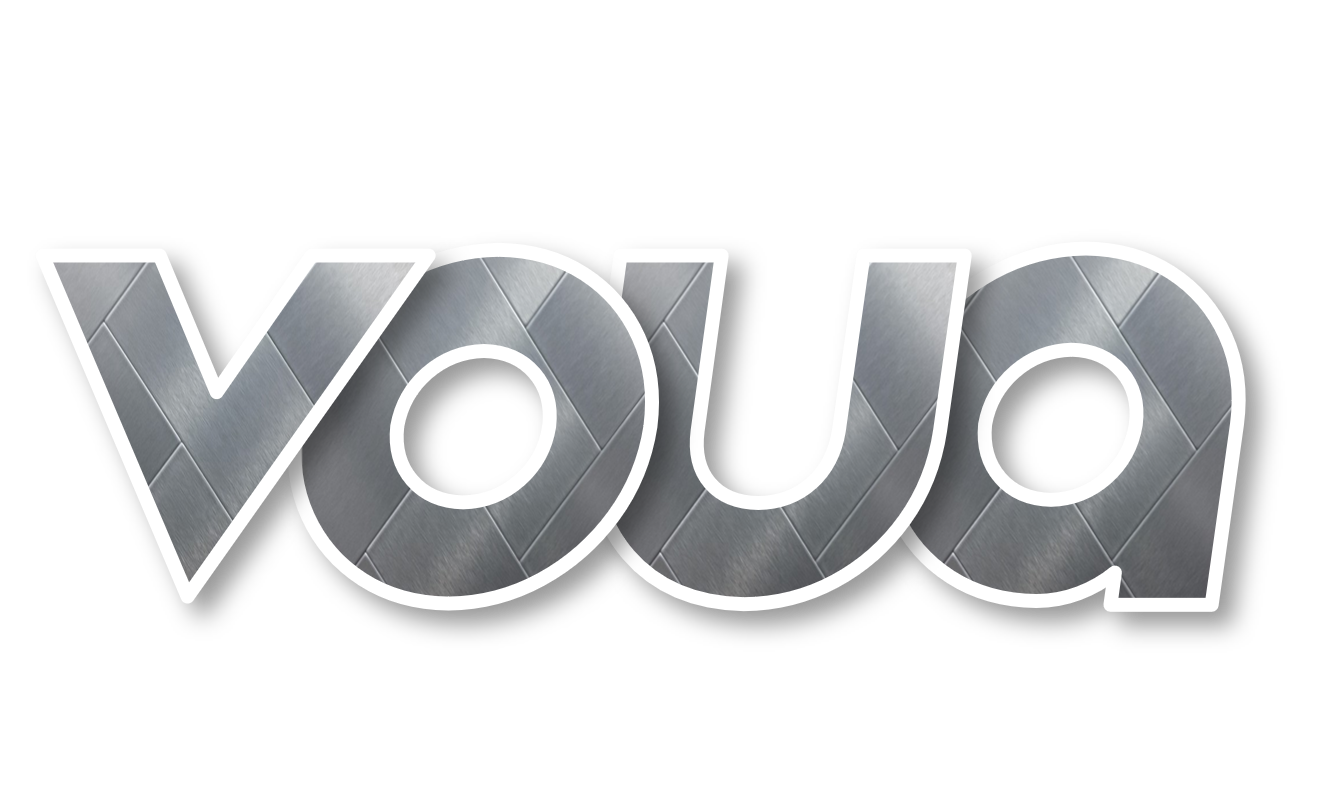Denver’s flavored tobacco ban has sparked a high-stakes battle between public health advocates and vape shop owners, with enforcement delayed until 2026 and a potential repeal headed to voters in November 2025.
Supporters argue the law protects youth and reduces long-term healthcare costs, while opponents say it unfairly targets small businesses and won’t stop underage use.
Here’s a breakdown of what’s happened so far:
Who sponsored Denver’s flavored tobacco ban ordinance?
The Campaign for Tobacco-Free Kids highlighted their leadership following the ordinance’s passage in an 11–1 vote. The sponsors framed the ban as a necessary step to protect youth and reduce health inequities in the city.
What are the arguments in favor of Denver’s flavored tobacco ban?
Supporters of the ban, including Children’s Hospital Colorado, Campaign for Tobacco-Free Kids, and several city councilmembers, argue that flavored tobacco products with candy-like packaging and fruity flavors are specifically designed to attract youth.
They cite public health costs, increased addiction in marginalized communities, and strong support from students and parents to restrict access. The law is positioned as a preventive measure to reduce future addiction and health system strain.
What are the arguments against Denver’s flavored tobacco ban?
Opponents, including vape shop owners and industry groups, argue that the ban unfairly targets small businesses while doing little to reduce underage access. They say most youth obtain flavored products online or through black markets, not from licensed shops. Critics also cite an expected $13 million loss in annual tax revenue and warn that the ban could increase illegal activity and push sales to surrounding areas.
Does Denver Mayor Mike Johnston support the flavored tobacco ban?
Yes. Mayor Mike Johnston signed the flavored tobacco ban into law after it passed 11–1 in City Council.
Why does Denver Mayor Mike Johnston support the flavored tobacco ban?
His office cited support for common-sense health measures and emphasized the need to protect youth from addiction. Johnston sided with public health advocates who framed the law as a proactive step toward long-term community well-being.
Who voted against the flavored tobacco ban in Denver?
District 2 Councilmember Kevin Flynn cast the lone vote against the ordinance. While acknowledging the dangers of vaping, he said adults over 21 should still be allowed to legally buy flavored tobacco. Flynn was the only dissenting voice in a largely unified vote to pass the ban.
Do tobacco companies have special interests in Colorado?
Yes.
Philip Morris International is building a $600 million facility in Aurora to produce Zyn nicotine pouches. The company says the project will create 500 direct jobs and $1 billion in economic impact.
State officials offered tax incentives, and PMI cited Colorado’s skilled workforce as a key draw despite rising local opposition to flavored nicotine products.
What is being done about vapes and flavored tobacco in the Colorado State Legislature?
Two bills have previously been introduced through the Colorado legislature.
House Bill 1069 would’ve formed an advisory group to study recycling or banning single use vapes. That bill, introduced in February of 2024, failed.
Senate Bill 022 had the intent to clarify that counties have the power to regulate flavored tobacco sales. That bill also failed in early 2024.
Both bills drew strong support from public health advocates and sharp opposition from vape shop owners.
How is Denver’s flavored tobacco ban affecting businesses?
Retailers say the ban is already threatening their livelihoods. Vape shop owners report that up to 90 percent of their sales come from flavored products. Some are considering relocating outside city limits. Business owners argue they are being unfairly grouped with Big Tobacco and that the policy is misguided, given that youth access primarily happens online.
What’s currently happening with enforcing the flavored tobacco ban in Denver?
Although the ban officially took effect on March 18, 2025, enforcement is being rolled out in phases. According to the Denver Department of Public Health and Environment, “soft enforcement” begins July 1, 2025, during which retailers will be advised to remove flavored tobacco products from their shelves. Full enforcement, including fines and potential license suspensions, will start on January 1, 2026.
What’s next for the flavored tobacco ban in Denver?
Voters will decide in November of this year whether to uphold or repeal the flavored tobacco sales ban. Until then, soft enforcement will continue with full penalties starting January 1, 2026. Both sides are preparing major campaigns, and the outcome could influence how other Colorado cities handle tobacco regulations moving forward.
Denver Gazette reporters Deborah Grigsby, Marissa Ventrelli, Kyla Pearce, Bernadette Berdychowski and Marco Cummings contributed to this report.






